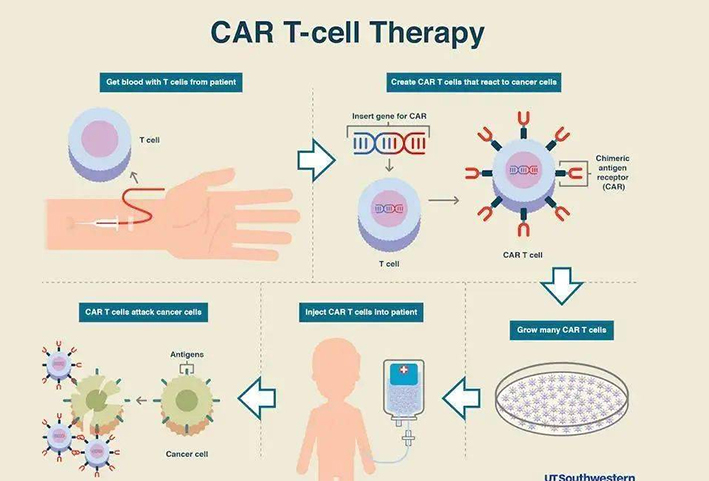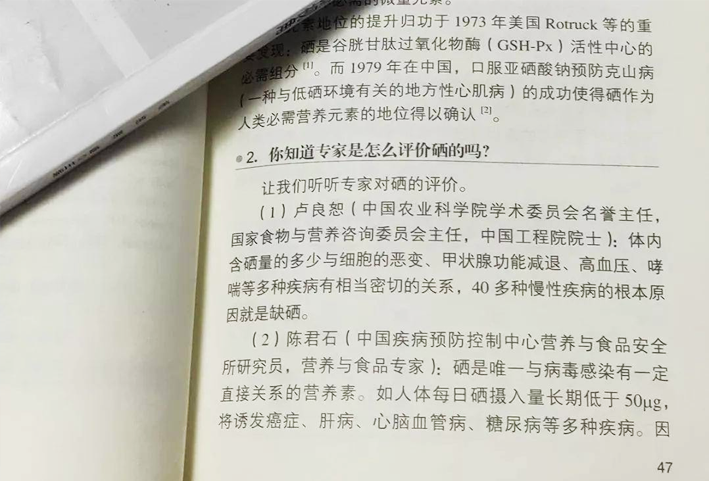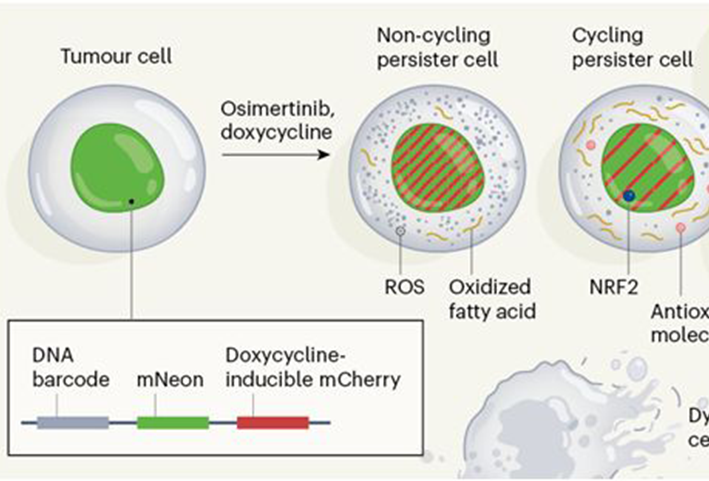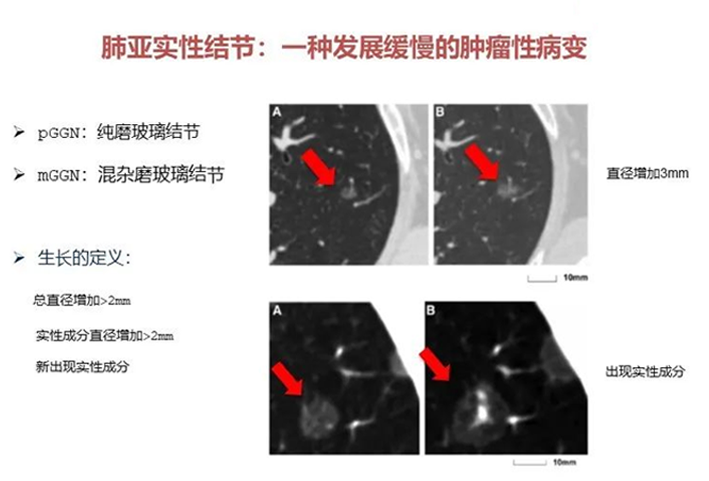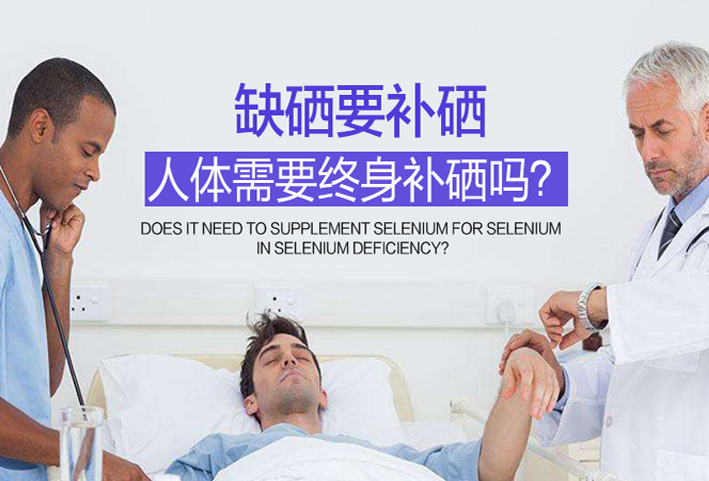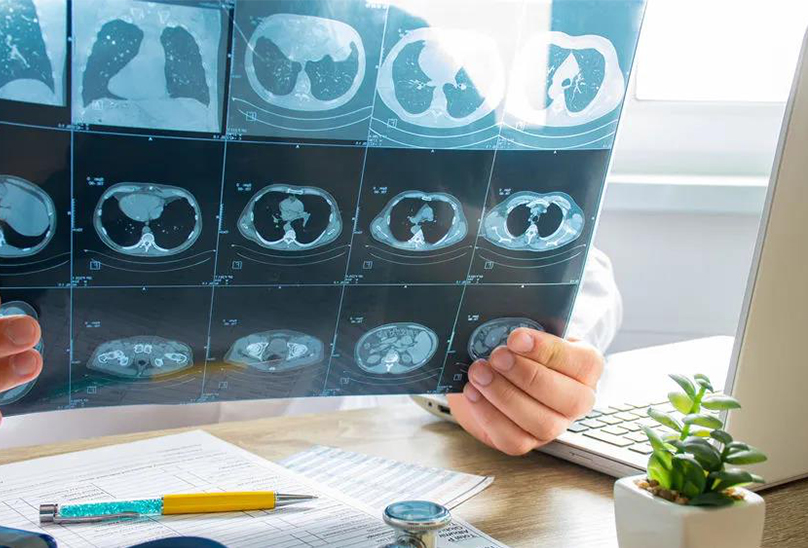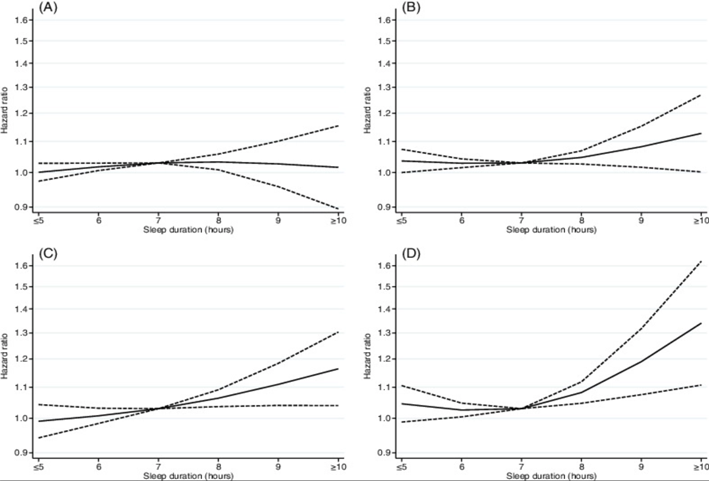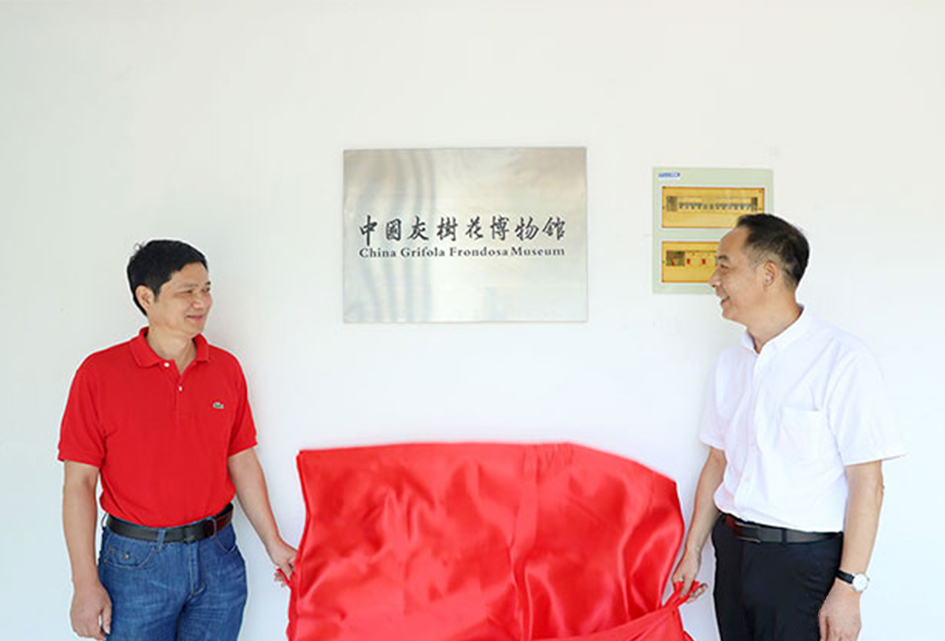Recently, MSD nine valent human papillomavirus vaccine (hereinafter referred to as "nine valent HPV vaccine") has been approved by the State Food and drug administration, and the applicable population in China has expanded from women aged 16-26 to women aged 9-45.
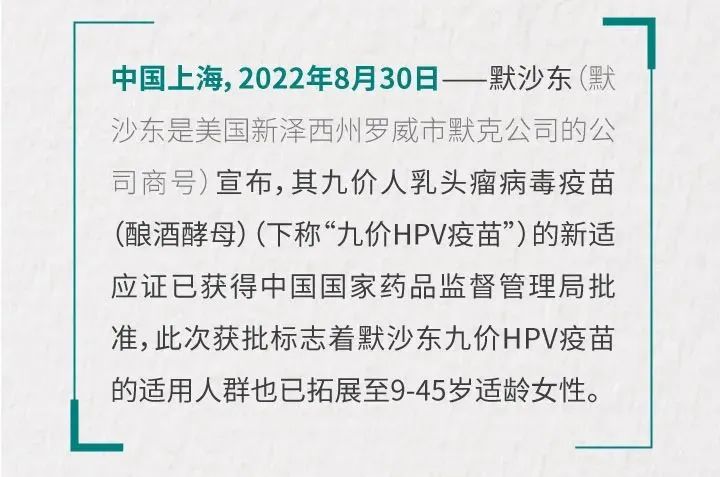
"Age extension" is a strong and targeted protection
Clinical data show that the incidence rate of cervical cancer in China is increasing year by year, and the incidence is becoming younger, which seriously affects the health of women in China. "Research shows that 99.7% of cervical cancer is related to genital infection with high-risk HPV." Professor Xie Jingyan, director of gynecology department of Nanjing First Hospital, said that the significance of this "age extension" is multifaceted, and it is more protective and targeted for Chinese women.
At present, both bivalent and quadrivalent HPV vaccines cover two high-risk types of HPV16 and 18, but the analysis of HPV infection worldwide by the international agency for research on cancer shows that HPV infection types are distributed differently in different regions and different populations, "The high-risk types of HPV that women in China are most susceptible to also include types 52 and 58. Generally speaking, the nine valent prevention effect is better. It not only covers nine types including these four high-risk types, which can prevent about 92% of cervical cancer, but also covers low-risk types HPV6 and 11, which can prevent 90% of genital warts."
In addition, unlike foreign countries, the HPV infection rate of women in China varies with age, with two peaks, "14-24 years old and 41-45 years old. This' age expansion 'means that more women at risk of infection can get more comprehensive protection, which will help accelerate the pace of eliminating cervical cancer in China." Professor Xie Jingyan explained.
China's nine valent HPV vaccine, the severe challenge faced by vaccination
Urban women aged from 20 to 30 are generally vaccinated against HPV, but the real data is not optimistic. The Lancet published a study on women's reproductive, maternal, newborn, child and adolescent health in China in the past 70 years, entitled "a lancet Commission on 70 years of women's reproductive, material, newborn, child, and adult health in China" (Figure 2), The article expounds the current situation and challenges of nine valent HPV vaccination in China.
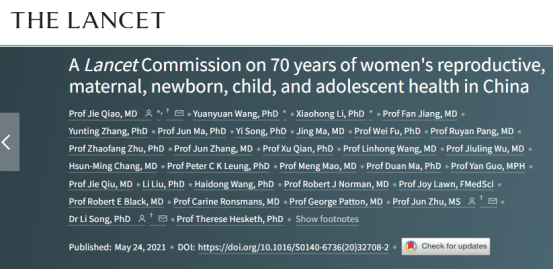
Figure research results (source: [2])
Cancer is the leading cause of premature death and disability worldwide, especially among women. In China, the burden of cancer is increasing. The incidence rate of cervical cancer is about 10.6 cases per 100000 people, and the mortality rate is 3 deaths per 100000 people (Fig. 3).

Figure incidence rate and mortality of female breast cancer and cervical cancer in some countries and regions (source: [2])
One of the challenges facing China is the low screening rate of women aged 35-64 among 300 million people. In 2013, the estimated screening rate of breast cancer among women aged 35-64 was 22.5% (28.9% in urban areas and 17% in rural areas), and the screening rate of cervical cancer was 26.7% (31.8% in urban areas and 22.3% in rural areas).
The cervical cancer screening rate of women over 21 years old was only 21.4% (25.2% in urban areas and 18% in rural areas). These indicators are far below the cervical cancer screening rate recommended by the World Health Organization. The goal of this indicator is that by 2030, 70% of women should be screened using high-performance tests before the age of 35 and screened again before the age of 45.
Since 2009, such screening has been provided free of charge in two cancer screening programs in 286 poor counties, and expanded to more than 1700 counties in 2018 (including 48 million women's breast cancer screening and 120 women's cervical cancer screening). It seems that this method is not enough to encourage most women to accept screening. This free screening program should be extended to more rural areas and included in social medical insurance. In addition, there is sufficient evidence that cervical cancer is mainly caused by persistent infection of human papillomavirus; Therefore, the low use rate of human papillomavirus vaccine in China is another problem that needs to be solved.
On July 31, 2017, China announced that it would provide human papillomavirus vaccines (nine valent HPV vaccines) in 17 provinces. However, HPV vaccination still faces other challenges:
■ delayed application of HPV vaccine
Since 2006, HPV vaccines have been licensed and successfully applied in different countries. However, the use of HPV vaccine in China has been delayed for nearly 10 years. In July 2016, China approved the bivalent HPV vaccine; In June 2017, China passed the tetravalent vaccine license; In April 2018, China approved the 9-valent HPV vaccine. The delay and inability to use HPV vaccines in China have caused many patients to bear a serious health burden.
■ Chinese people still have insufficient knowledge of HPV vaccine
Since China officially launched the HPV vaccine in 2016, the public's awareness and understanding of it is still very low. Only 24% of women of childbearing age and 25% of parents raising teenagers have heard of HPV vaccines. Among health care providers, less than 20% think that women who have not had sex are the best candidates for HPV vaccination. Therefore, further health education and wider advisory support are needed to raise awareness of HPV and its vaccines.
■ the recommended age for HPV vaccination has been extended
Since the best time for HPV vaccination is before sexual activities, the main target group recommended by who is girls aged 9-14 years; In contrast, the recommended age of the old government is 16-26 years old for the 9-valent HPV vaccine, 20-45 years old for the 4-valent HPV vaccine, and 9-45 years old for the 2-valent HPV vaccine. In view of the early sexual activity of adolescents in China, HPV vaccines should be vaccinated as soon as possible in accordance with the guidelines of the World Health Organization. The Advisory Committee on immunization practice recommends that women be vaccinated against nine valent HPV before the age of 26. At present, the new deal expands the nine valent HPV vaccine from women aged 16-26 to women aged 9-45.
■ shortage of HPV vaccine supply
It is reported that HPV vaccines are in short supply in China. In February 2019, the Sichuan Provincial Center for Disease Control and prevention suspended vaccination due to a shortage of human papillomavirus vaccines, and Shenzhen women were vaccinated by drawing lots.
■ HPV vaccine is expensive
At present, in the community health service center, the cost of one dose of 9 valent HPV vaccine is at least 1300 yuan (about 4000 yuan for three doses in total). Getting a set of HPV vaccine is too expensive for ordinary families, especially for women in rural areas with disadvantaged economic conditions. In order to reduce costs and improve the utilization rate of HPV vaccines, it is necessary to support the localization of HPV vaccines and link them with social medical insurance.
Another issue worthy of attention: Although screening can enable young women to diagnose more reproductive cancers at an early stage, thus providing better treatment opportunities, some treatments may affect the reproductive organs and induce gonadal failure. Therefore, for young women diagnosed with reproductive system cancer, the issue of how to achieve long-term survival while maintaining reproductive function has been recognized as the main focus of maintaining the quality of life of these cancer patients. This challenge lies in how to remove or eliminate cancer cells while protecting and preserving healthy oocytes and ovarian tissues. Therefore, it is necessary to formulate regulations and unified clinical guidelines to accelerate cooperation between scientists and clinicians, improve the understanding and acceptance of oncologists and patients on the needs of reproductive protection, and promote the development and application of innovative technologies.
HPV vaccination is not a "once and for all"
In principle, all women who have had sex, whether or not they have been vaccinated against HPV, need to be screened for cervical cancer regularly. There are many subtypes of HPV, of which more than 10 can cause cervical cancer, that is, "high-risk type". About 70% of cervical cancer is caused by HPV16 and 18 subtypes, which can be prevented by bivalent and tetravalent HPV vaccines; In addition to HPV16 and 18, the nine valent vaccine can also prevent 31, 33, 45, 52 and 58 subtypes, and can prevent about 92% of cervical cancer. For other high-risk HPVs, the current vaccines are still beyond our reach.
Therefore, cervical TCT and HPV screening should be carried out regularly after HPV vaccination, which can effectively prevent cervical cancer and nip it in the bud in time.
So, is it necessary for men to get HPV vaccine? Although China has not opened up HPV vaccination for men, it does not mean that there is no need for men to get HPV. Men are vaccinated with HPV, on the one hand, to protect themselves, and on the other hand, to protect the health of their loved ones.
Many people will think that HPV vaccines are only meaningful for cervical cancer in women, but in fact, HPV viruses not only cause cervical cancer, but also are closely related to 50% of penile cancer, 20% of oral cancer, 90% of anal cancer and condyloma acuminatum. You're right! HPV virus will not only infect women, but also infect men with "rain and dew", and can also bring cancer and genital diseases.
After HPV infection, patients may not notice it at all, and there are no symptoms after infection. Therefore, many people transmit HPV to people with close relationships without knowing it. At present, there is no specific treatment for HPV. If you are unlucky, you can only treat the symptoms, and the HPV virus itself can only wait for the body to clear itself. Before the body is cleared, if it is repeatedly infected, it is very likely to develop into malignant tumors. Therefore, it is also necessary for men to get HPV vaccine.
Reference material:
[1] https://jsnews.jschina.com.cn/nj/a/202209/t20220902_3067990.shtml
[2]Qiao J, Wang Y, et al. A Lancet Commission on 70 years of women's reproductive, maternal, newborn, child, and adolescent health in China. Lancet. 2021 Jun 26; 397(10293):2497-2536. doi: 10.1016/S0140-6736(20)32708-2. Epub 2021 May 24. PMID: 34043953.
[3] https://mp.weixin.qq.com/s/QaIyEAzksLw8jZX_WJ_4YQ
[4] https://www.zhihu.com/question/49357136
Article source:
https://www.medsci.cn/article/show_article.do?id=fa1fe3782423


